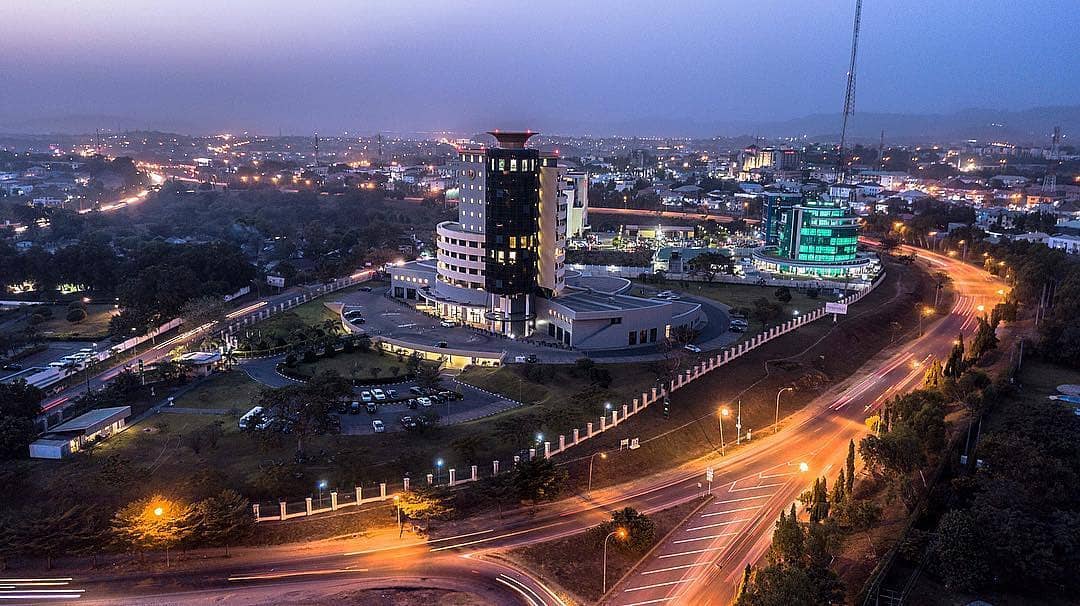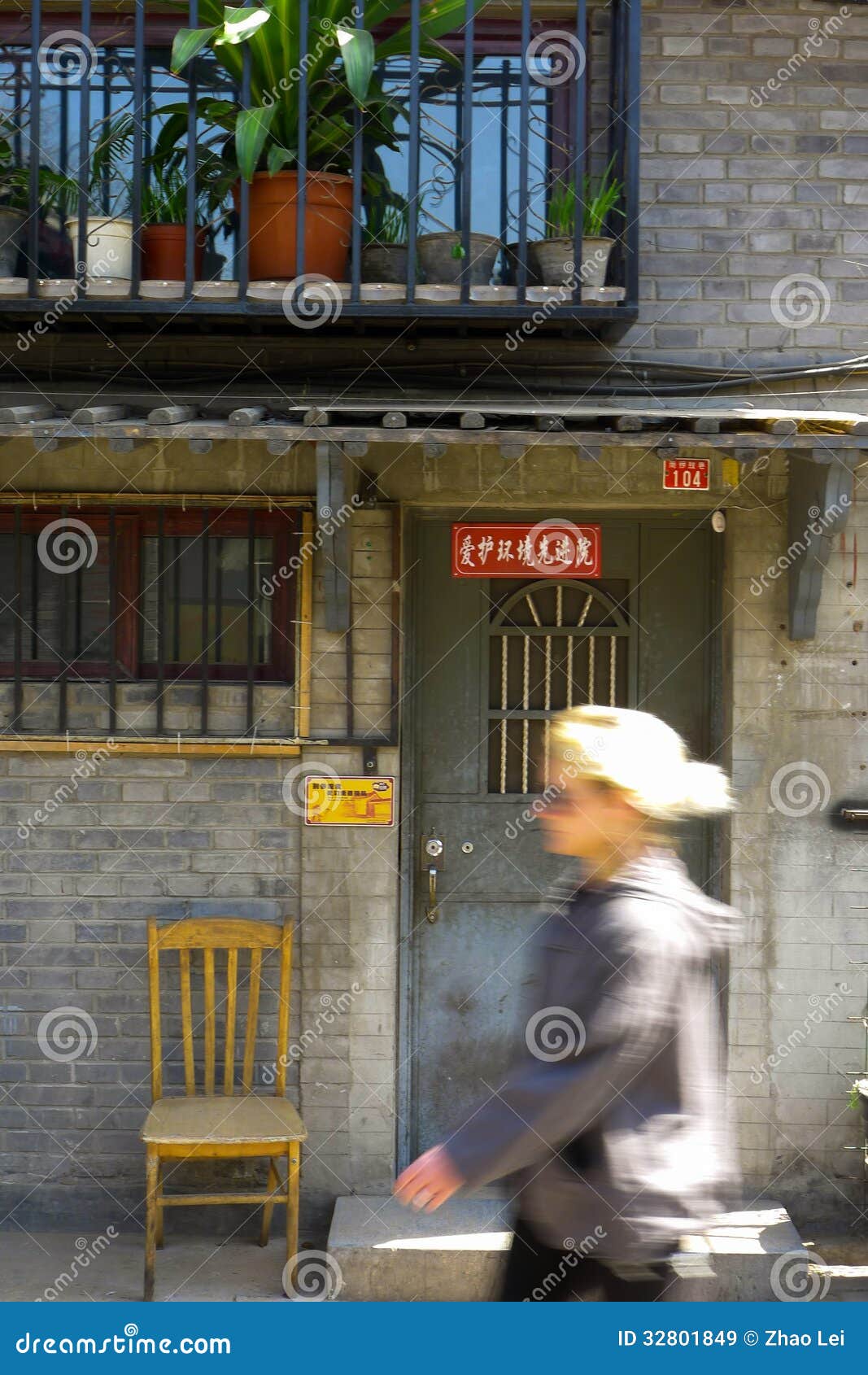Accommodation and Cost of Living
As the capital city of Nigeria, Abuja is an expensive place compared to other parts of the country. expat living costs Abuja Nigeria. Most of the expenses go into accommodation, which for expats is usually taken care of by their company. Depending on where the accommodation is located, food prices may vary - those in the city center will have a steady supply of electricity and water. For expats with company-provided housing, an average monthly budget of around $3,000 should suffice if school fees are not a factor. Groceries, local dining, transportation and day-to-day activities can be managed comfortably on this amount without needing to economize much. Those choosing pricier neighborhoods or paying their own rent and bills will find Abuja becomes significantly more expensive to live in.
Daily Essentials
Basic amenities like water and electricity outages are unlikely to be issues for expats in company housing. Tap water is fine for tasks like bathing and washing produce, though bottled water is commonly purchased for drinking. Petrol costs around $0.50 per liter and is affordable on most budgets. Maids can be hired to help with chores, shopping and cooking for $150-250 per month.

Food Prices and Dining Options
A dozen eggs, 5 pounds of potatoes or oranges, and other produce can be found for $3-5 in local markets. A whole pineapple is $2-3. Meats tend to be more expensive. Popular supermarkets include Shoprite, where Western groceries are stocked. Local diners offer dishes like pepper soup, chicken and grilled meat skewers from $3-5 per meal. Fine dining at upscale restaurants may cost around $50 for two people including drinks.
Social Life and Recreation
Abuja nightlife social activities. With company-provided housing in nicer areas, safety is usually not a major concern in Abuja. Light traffic makes driving during the day reasonable once accustomed to the local driving style. Public transportation is limited, so most rely on private vehicles or hired drivers and stewards.
The city has ample green spaces that often include “bush bars” for outdoor socializing over affordable beers starting at $1-2 each. Luxury malls, cultural venues and clubs cater to expatriate social lives. Memberships at sports clubs provide access to gyms and recreational facilities. Quality international schools support vibrant expat communities.
Work and Professional Networks
Most foreigners residing in Abuja on long-term visas are doing so for work purposes. Nigeria’s expanding economy and capital market create job opportunities attracting foreign expertise across various sectors such as oil/gas, financial services, engineering, infrastructure and consulting. Company compensation packages typically cover prime living arrangements and transportation. Foreign professionals settle into tight-knit expatriate circles yet also immerse themselves in Nigerian culture, making local contacts. Events organized by international women’s groups, rotary clubs, alumni associations and professional institutions help foster professional networking. Living in Abuja benefits career progression for those open to taking on regional responsibilities.
Things to Know Before Moving
Expatriates new to Nigeria would do well to learn about Nigerian culture and business etiquette before relocating to Abuja. Local holidays, naming conventions, attitudes towards timekeeping and gift-giving require some adaptation. Basic Igbo or Yoruba language skills can help when traveling outside the capital. Health precautions like vaccination status, malaria prophylaxis and safe food/water practices minimize health risks. Arrangements for accompanying family members like school admission must be lined up in advance. Temporary accommodation services assist with short-term housing until permanent arrangements are finalized. Comprehensive relocation support eases the transition process.
Settling In with a Familiar Lifestyle
Those apprehensive about a major culture shift will take comfort knowing Abuja offers an expatriate lifestyle quite familiar to what they may be used to back home. Supermarkets, restaurants, and services catering to Western tastes let one feel comfortably at home. English is widely spoken, even if picking up some local language opens more doors. With all basic needs met through the expatriate package, one can settle in easily while exploring Nigeria gradually. Safety is generally good, though vigilant as anywhere. An open and adventurous spirit will lead to enjoyment of this uniquely positioned capital city and appreciation for its people and attractions beyond the familiar expatriate hubs.
Weekend Trips Beyond Abuja
While Abuja itself offers much to occupy residents, it is also a convenient hub for weekend trips further afield. Nearby sites include the Yankari National Park for game viewing, and historic city of Jos filled with hiking trails andPlateau rock formations. For beach relaxation, the coast of Calabar or resort area of Akwa Ibom State are four-hour drives.
Lagos remains a vibrant destination for music, art and shopping despite heavier urbanity. Further afield, cross-country road trips visit the rock-hewn churches of Northern Nigeria tourist attractions or historic city of Kano. Overnight houseboat accommodations on the Nupe river cruise offer relaxation and cultural immersion. As security improves across Nigeria, its diversity of landscapes and cultures increasingly entice foreign residents to broaden their experiences.
Overall Assessment for Foreign Residency
For many expatriates, Abuja proves a comfortable introduction to living in Nigeria thanks to its capital city infrastructure and amenities prioritizing the expatriate lifestyle. Safety, compensation and quality of life rank among Africa’s best with minimal utilities headaches. Despite a higher cost than other cities, inputs are covered for most.
Nigeria’s friendliness, cultural and natural riches repay adventurous spirits who engage beyond the familiar expatriate hubs. Career opportunities in a rapidly developing economy further outweigh negatives. With adequate preparation and maintenance of a sensible lifestyle, long-term foreign residents and their families typically thrive and make Abuja home. Overall, the combination of challenges and rewards make it a worthwhile destination for living and working abroad in West Africa.

 Experiences of Traveling in China as a Westerner
Experiences of Traveling in China as a Westerner